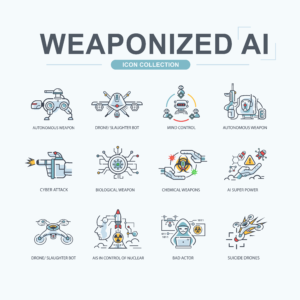Written by Helena Webb, Transitional Assistant Professor, Horizon Digital Economy Research
In my research I take a socio-technical perspective to explore the complexities surrounding innovation in contemporary society. I am fascinated by how people live in and experience the world, and the role that technology plays in this. I seek to identify how individuals make sense of the world and apply meaning to it. For instance, what does an abstract concept like trust mean to people in a day-to-day sense and how do they draw on the idea of trust as they go about their lives? What might a ‘trusted digital device’ be to different individuals and what would it take for them to assert that they ‘trust’ a certain technology?
Taking this perspective calls for a research focus on the lived experience. My projects therefore include methods which engage people to forefront their encounters, behaviours and viewpoints. Through these methods we can gain highly detailed insights into how people interact with different technologies and the kinds of impact that they have on their lives. Working at this granular level, we can see how the high-level promises of innovation do not always translate into the actual lived experience. Whilst the Internet for example has many benefits, it is not always the democratising and liberating innovation that pioneers hoped it would be. Similarly, Artificial Intelligence (AI) promises increased efficiency and freedom for humans from mundane tasks, but can also alienate and disadvantage us, particularly affecting groups already marginalised in some way.
To me, this research perspective combines very well with responsible innovation. My favourite understanding of responsible innovation is that it begins with the question: what kind of world do we want to live in? To answer that we consider what it would mean for our contemporary society to be safe, fair, ethical and inclusive to all. Then we ask: how can innovation help us to achieve this world? Here again, we centre the lived human experience. We seek to identify people’s expectations and sense-making about society and the preferred place for technology within it. As researchers and innovators, we cannot make assumptions about this human experience or about the potential impacts of new technologies; instead, we need to engage with people to gain a detailed understanding ‘from the ground up’. So, just as we can only truly understand trust through exploration of human sense-making about it, so too we can only understand responsibility, and the potential for a responsible digital future, by engaging with people to understand their perspectives and foster a meaningful dialogue with them.
Ultimately, responsible innovation is both a research process and a research outcome in my work. This is why I care about Responsible Digital Futures and am excited by the opportunities this new initiative at Nottingham will bring.


